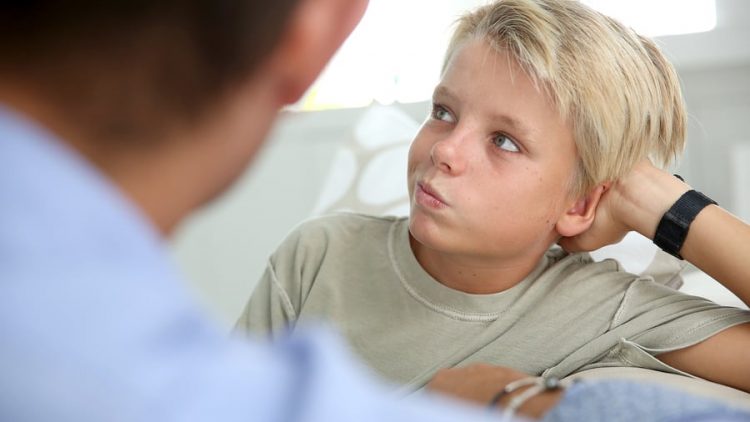How Kids Handle Divorce
What happens if you’re doing everything right to talk to your kids about divorce and they’re still acting up? Remember you’re the adult.
They’re testing their boundaries with you and still need your love and support even if it doesn’t seem like they care.
From their point of view, their stable home has been torn in two.
They may blame themselves and think that because their parents don’t love each other that it means their parents won’t love them either. They start acting out in school or home and fight with siblings or friends.
They’re not acting out to get into trouble.
They’re confused and don’t know how to communicate with you. In their mind, children see their parents getting back together but you know that won’t happen.
What can you do to help kids deal with divorce?
- Communicate you care. Even in their worst outbursts your child wants to know you still love them. Continue to encourage, love, and support them through this confusing and stressful time. Tell them they are safe and loved and not to blame for the divorce. Even if it feels like they’re ignoring you, they are listening.
- Let kids (and yourself) grieve. Acting out is a sign of anger about their changed family. Allow them time to grieve their family that once was and accept their new life, just like you should do for yourself. Establish or keep routines as similar to pre-divorce as you can so the kids can work through their emotions without worrying about a new routine.
- Tell kids the schedule. Kids need predictability. Make sure they know the visitation schedule including who is picking them up at school and activities, and where they are spending the night. It will help them feel less stressed and more focused on school and activities.
- Focus on the kids. Working with an ex-spouse can be more stressful than the divorce. Do your best to shield kids from adult conversations. Work with your ex to establish household rules like consistent bedtime, rules about foods that are off-limits like soda and chips, and shows or websites kids are allowed to view at each home.
- Consider therapy. Children need a safe place to express their feelings and they may not feel like talking to you or your ex. Provide the opportunity through counseling so your kids can talk about the divorce without feeling like they’re hurting one parent or the other.
Often outbursts are a sign children need more stability and a place where they can safely talk about their feelings. Even in the best of circumstances it’s important to provide these outlets to your children.
Engaging with an attorney to protect your family is never an easy step. Whether you need to protect your family from the unthinkable or restructure your family through collaborative divorce, we’re here to help. When you’re ready to schedule a consultation with Michelle Ogborne, please visit the scheduling page to get started.







